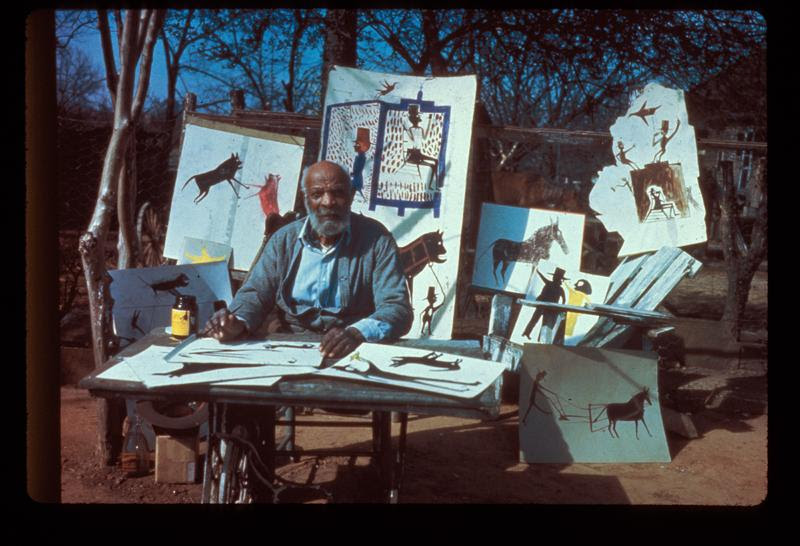New Issue of the Ryder is on the virtual newstands

What’s inside the new issue of The Ryder magazine? See for yourself: here’s your personal copy. And here is a snapshot of what you’ll find…
- Rudy Pozzatti (1925-2021): Rudy Pozzatti embodied the ideal of the artist-teacher. During his lengthy tenure as a distinguished professor at Indiana University, he helped to build the printmaking department into one the best in the country.
- Middle Way House Turns 50: “Living in a shelter is tough,” Executive Director Debra Morrow explains. “It’s not your home. The longer people sit in shelter, the harder it is for them to reclaim their lives. “
- The Lilly Library from A to Z: From James Bond’s cigars to locks of Edgar Allen Poe’s hair, the Lilly Library boasts an amazing collection of curiosities. And they are all in Darlene J. Sadlier’s book, The Lilly Library from A to Z.
- What We Talk About When We Talk About Appalachia: Three films–Hillbilly, Nomadland and Hillbilly Elegy–take on working class white identity in Appalachia.
- Die Pest: In pandemic times, we search out pandemic tales. Otto Rippert’s silent 1919 film, Die Pest in Florenz (The Plague in Florenz) is a plague film for a plague year.
- This Old House: Jawshing Arthur Liou’s multichannel video work at the Eskenazai Museum of Art, House of the Singing Winds, embraces high resolution video. But art is directly tied to economics and politics. Money and influence have a particularly unique relationship with the film/video artforms due to high equipment costs, studios, “the industry” and many other components. “IU has many T.C. Steele paintings in its collection,” Liou says. “I’m bringing the whole house.”
This issue of The Ryder is funded in part by a Recover Forward grant from the Bloomington Urban Enterprise Association. The grant covers some of our expenses, but not all.
As you flip through this issue of the magazine (85 pages this month!), if you should see a story that you like, or if you would just want to support local, independent journalism, please consider making a donation.
The Oscar Shorts
The Academy Awards are Sunday night. If you haven’t watched the Oscar Shorts yet this might be a good time. Here’s the link. And if you have already watched them, you might consider gifting the Shorts to your favorite cinephile. The Oscar Shorts are a gift that will be fondly remembered for a long time, or at least until Sunday night.
Also in our Virtual Theater: BILL TRAYLOR CHASING GHOSTS
Bill Traylor was born into slavery in 1853 on a cotton plantation in rural Alabama. After the Civil War, Traylor continued to farm the land as a sharecropper until the late 1920s. Aging and alone, he moved to Montgomery and worked odd jobs in the thriving segregated black neighborhood. A decade later, in his late 80s, Traylor became homeless and started to draw and paint, visualizing memories from plantation days and scenes of a radically changing urban culture. Having witnessed profound social and political change during a life spanning slavery, Reconstruction, Jim Crow segregation, and the Great Migration, Traylor devised his own visual language to translate an oral culture into something original, powerful, and culturally rooted. He made well over a thousand drawings and paintings between 1939-1942. This colorful, strikingly modernist work eventually led him to be recognized as one of America’s greatest self-taught artists and the subject of a Smithsonian retrospective. Using historical and cultural context, Bill Traylor: Chasing Ghosts brings the spirit and mystery of Traylor’s incomparable art to life. Making dramatic and surprising use of tap dance and evocative period music, the film balances archival photographs and footage, insightful perspectives from his descendants, and Traylor’s striking drawings and paintings to reveal one of America’s most prominent artists to a wide audience.










